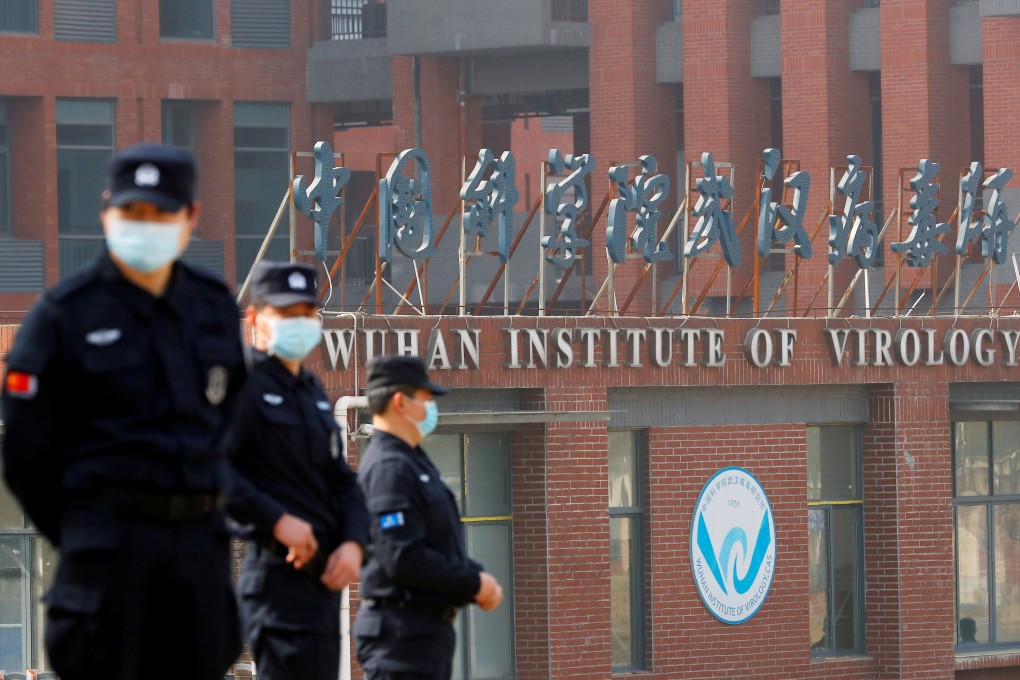US agency defends funding for research into bat coronaviruses in China and says it could not have caused Covid-19
- An analysis says the pathogens in question ‘could not possibly have been the source’ of the disease because they are too distantly related to the coronavirus
- US National Institutes for Health faced questions over grants to a non-profit that worked with the Wuhan Institute for Virology on the research

But an analysis by the National Institute of Allergy and Infectious Diseases (NIAID), a branch of the NIH, said the viruses in question were too distantly related to Sars-CoV-2 to have played any part in its emergence.
“The chimeric [engineered] viruses that were studied … were so far distant from an evolutionary standpoint from Sars-CoV-2 that they could not have possibly been the source of Sars-CoV-2 or the Covid-19 pandemic,” the analysis, published on the NIH’s website on Wednesday, said.
The release came just days after a group of 10 Republican senators introduced a bill to place a new moratorium on federal funding for “risky research on potential pandemic pathogens”, citing concerns about previous research funding for “foreign entities” and pointing to the EcoHealth grant.
The NIH gave EcoHealth US$3.1 million over five years from 2014 to study the risk of a bat virus spilling into humans in China, as happened in the 2002 outbreak of severe acute respiratory syndrome. A subsequent grant was pulled in 2020.
As a grant partner, the Wuhan Institute of Virology received between US$120,000 and US$150,000 a year from EcoHealth over this period.

05:08
Nature or lab leak? Why tracing the origin of Covid-19 matters